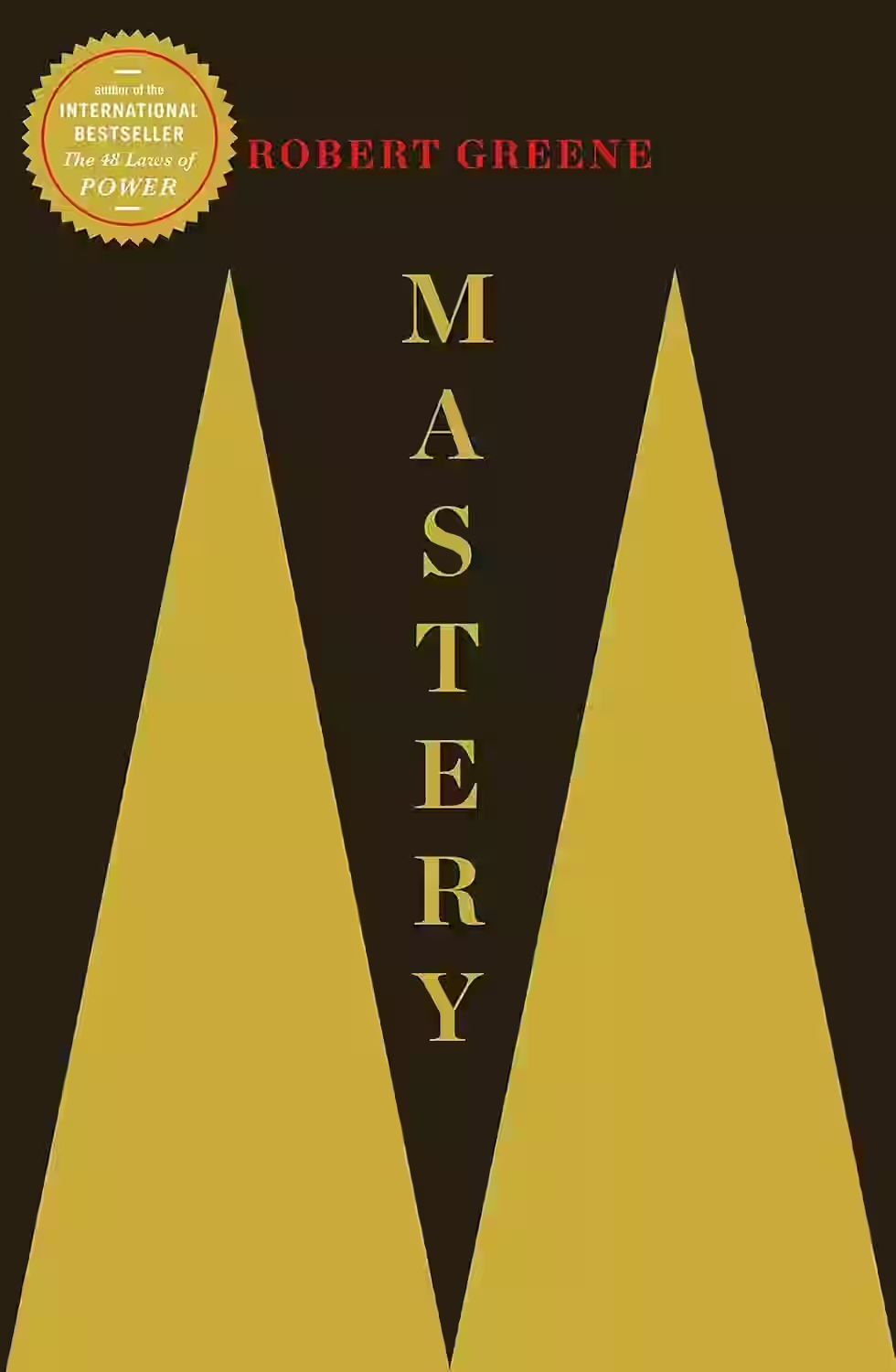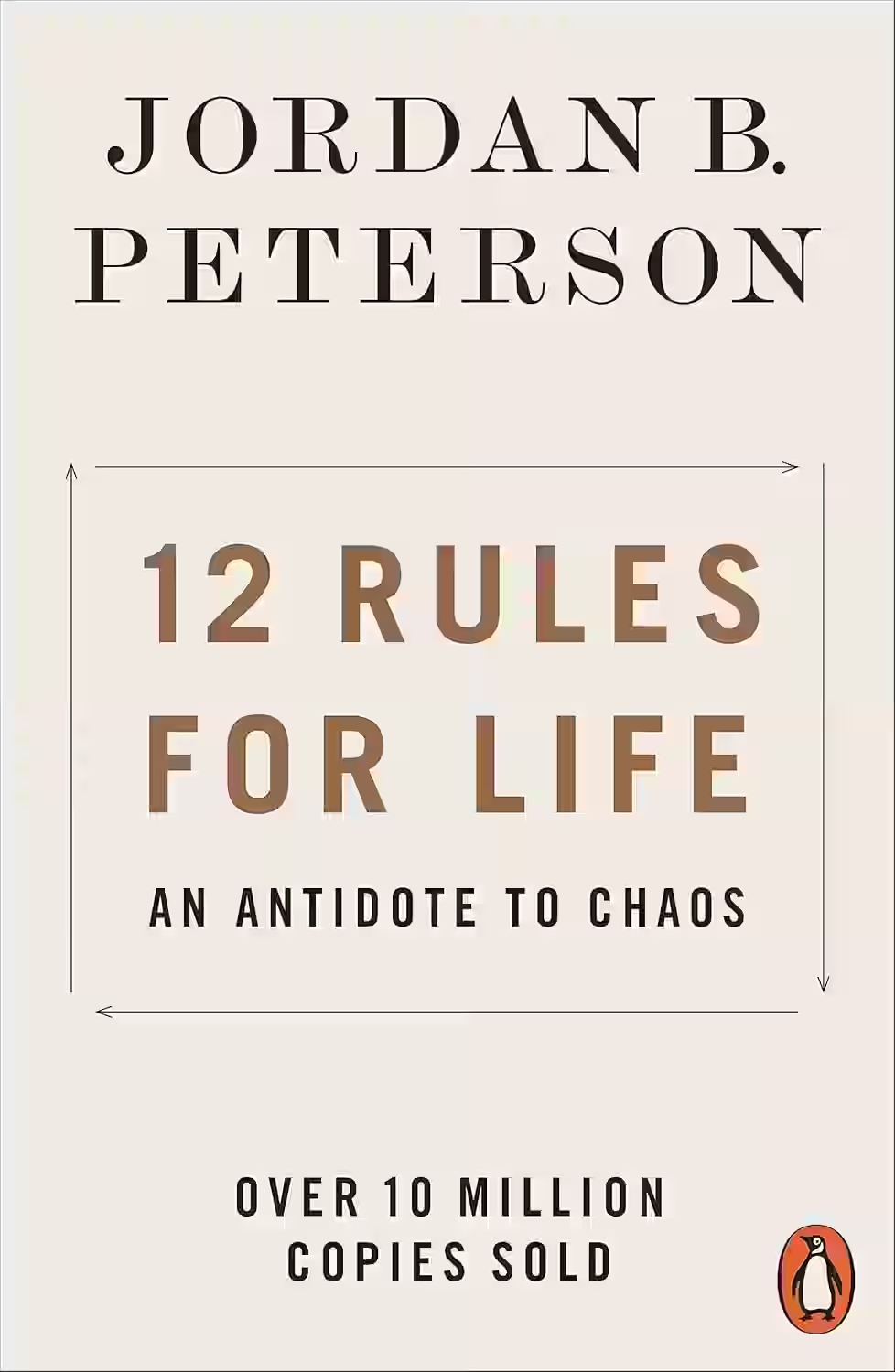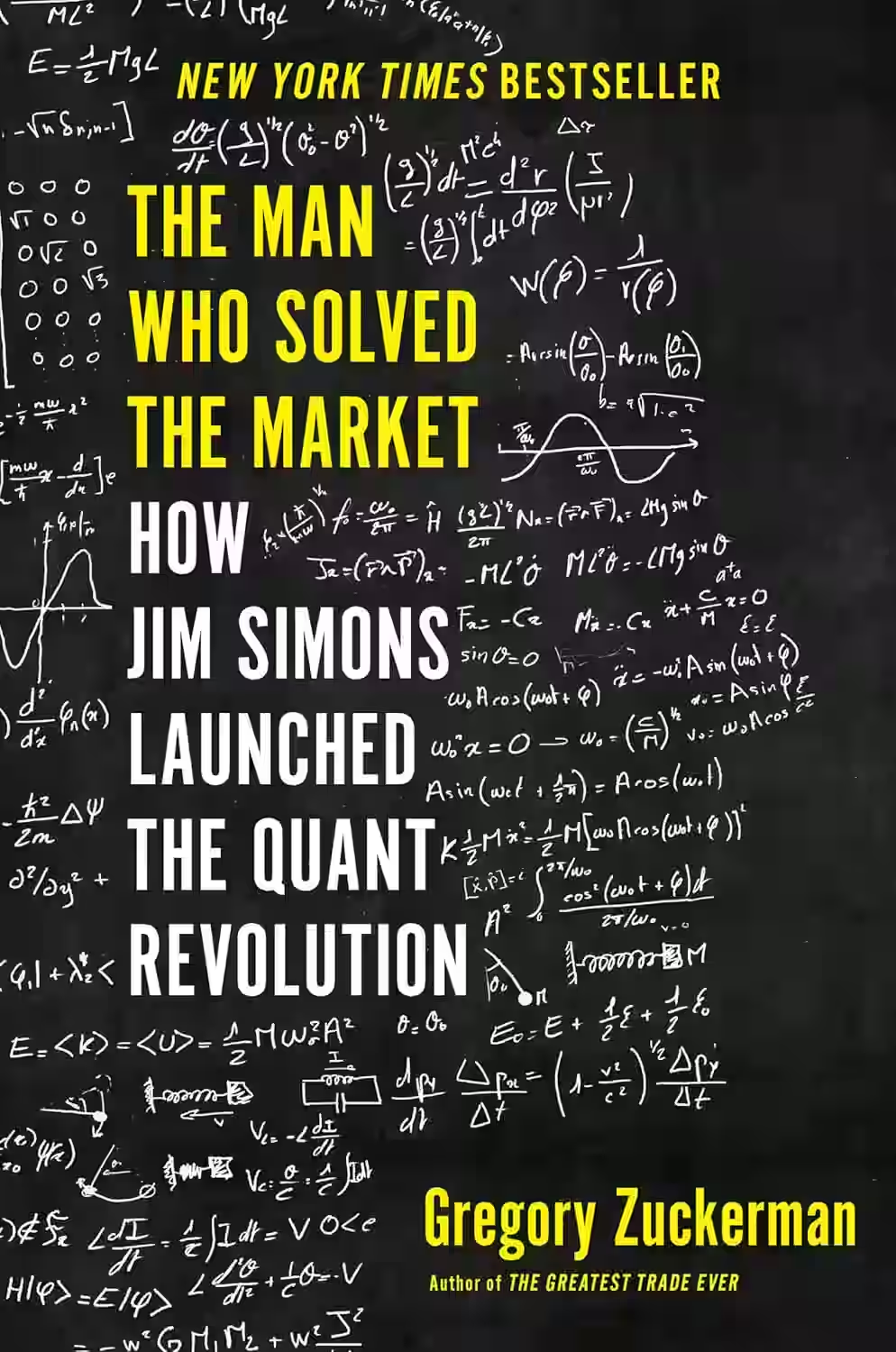
The Art of War is a classic Chinese military treatise attributed to Sun Tzu, written over 2,000 years ago. It offers timeless strategies for warfare, emphasizing intelligence, adaptability, and psychological insight over brute force. Though rooted in military contexts, its principles have influenced leaders, business strategists, and thinkers worldwide. The book promotes discipline, careful planning, and the importance of understanding both yourself and your opponent. With aphoristic wisdom and practical advice, The Art of War endures as a foundational text on conflict, leadership, and strategic thinking in both personal and professional realms.
About Sun Tzu
A Chinese general, strategist, and philosopher traditionally credited as the author of The Art of War, an influential work of military strategy that has also found application in business and beyond. Written in the 5th century BC, the text emphasizes principles of deception, planning, and understanding the enemy. Sun Tzu's timeless wisdom continues to be studied for its insights into conflict and competition.
Similar Books

Mastery
Robert Greene examines the paths of historical figures and contemporary experts to uncover the principles of achieving mastery in any field. He outlines a process involving apprenticeship, practice, and innovation, emphasizing the importance of perseverance.

Alexander of Macedon, 356–323 B.C.: A Historical Biography
by Peter Green
In 'Alexander of Macedon, 356–323 B.C.: A Historical Biography' by Peter Green, readers are taken on a detailed and immersive journey through the life of one of history's most legendary figures. Green masterfully weaves together historical accounts, anecdotes, and analysis to present a vivid portrayal of Alexander the Great's rise to power, conquests, and legacy. The book explores Alexander's complex character, military strategies, relationships with his contemporaries, and the lasting impact of his conquests on Western civilization. Green's narrative is both scholarly and engaging, making this biography a must-read for history enthusiasts and those intrigued by the enigmatic figure of Alexander the Great.

12 Rules for Life
In 12 Rules for Life, clinical psychologist Jordan B. Peterson presents life principles aimed at navigating chaos with order and purpose. Drawing from psychology, mythology, religion, and personal anecdotes, he discusses topics like personal responsibility, discipline, truth-telling, and meaning. Each chapter focuses on a distinct rule—such as “Stand up straight with your shoulders back” or “Pet a cat when you encounter one on the street.” Provocative and deeply philosophical, the book encourages readers to confront suffering and create order in their lives.

The Man Who Solved the Market: How Jim Simons Launched the Quant Revolution
In 'The Man Who Solved the Market', Gregory Zuckerman delves into the fascinating world of finance and mathematics through the lens of legendary investor Jim Simons. The book offers readers a detailed exploration of how Simons revolutionized investing through quantitative strategies at his firm, Renaissance Technologies. Zuckerman delves into Simons' life story, the challenges he faced, and the groundbreaking techniques he employed to outsmart Wall Street. Through meticulous research and compelling storytelling, Zuckerman provides keen insights into the complexities of financial markets and the brilliance of Simons' approach. This book is a must-read for anyone intrigued by the intersection of math and money.